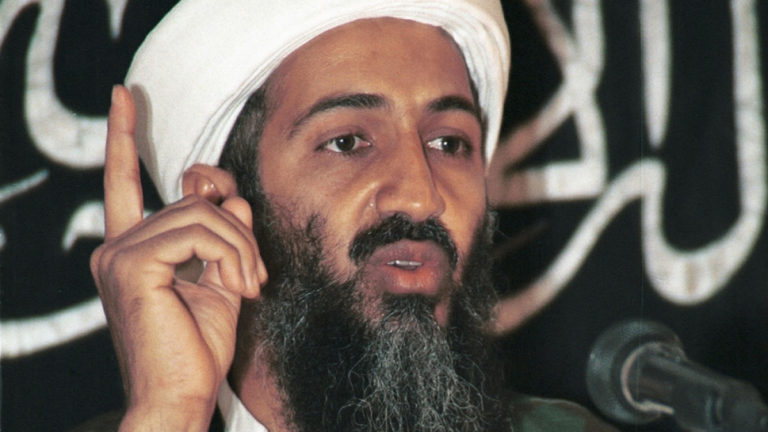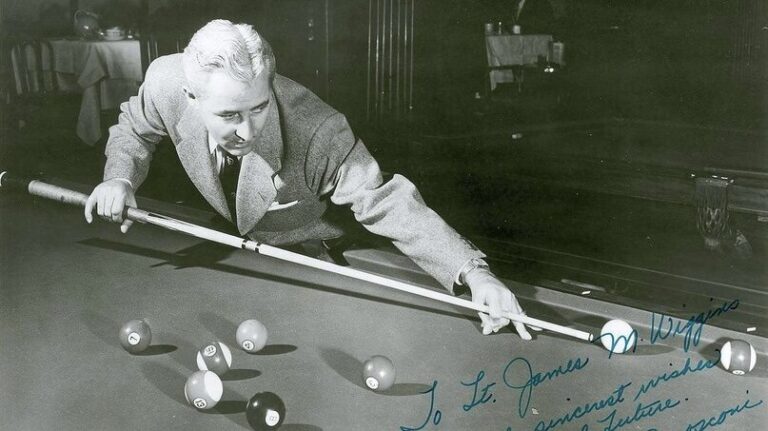German Military Official and Nazi War Criminal
During Nazi Germany Adolf Eichmann achieved notoriety through his leadership in implementing the Holocaust while working at a high SS rank. During his role as an SS leader and government administrator he implemented the systematic movement of Jews from Nazi-occupied territories towards ghettos and death camps German Military. His extreme methodical management style along with his absolute brutality caused the world to name him as a fundamental leader who built the Holocaust.
Eichmann entered Nazi Party and SS organization during his early days as a German citizen born in 1906 in Solingen. He quickly rose through the ranks due to his bureaucratic skill and ideological commitment. Within the Reich Security Main Office (RSHA) he became the department leader who focused on Jewish matters. Eichmann collaborated through his position with Nazi and collaborationist authorities to execute the “Final Solution” which established the plan to kill European Jewry under the regime.
Eichmann escaped to Argentina following World War II where he lived as an impostor under new identity during a period of twelve years. Mossad agents working for Israel found Eichmann during 1960 thus effecting his detention for subsequent transfer to Israel where he faced trial proceedings German Military. During Jerusalem’s 1961 Eichmann trial history and global legal standards were powerfully influenced while people gained crucial knowledge about the Holocaust. During Eichmann’s trial the world gained knowledge about both bureaucratic genocide operations and Hannah Arendt’s term “banality of evil” which she developed through her observation of the proceedings.
The judicial court convicted Eichmann for his multiple offenses including crimes against humanity together with war crimes. The state of Israel executed him by hanging in 1962 making his death the sole execution of a civilian under its policies German Military.
Historians consider his prosecution among the most important war crime trials since it illustrates how simple people become perpetrators of extreme evil within totalitarian systems.
Do you wish to understand more about the trial alongside his Argentina escape along with his Mossad arrest?




















